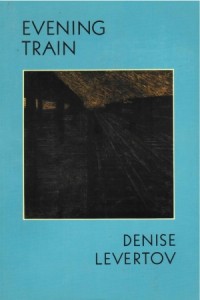By Anna Catherman ('24)
Dr. Jesse Sharpe has had a fruitful year of teaching, researching, and speaking. Over the past few months, he spoke at conferences in Philadelphia, and Baton Rouge, La.
“It’s been a particularly busy scholarly semester,” Sharpe noted.
In early February, Sharpe had the opportunity to attend the John Donne Society convention. He spent a weekend with friends from across the world. The agenda includes both lectures and ample time to catch up.
“Nobody sleeps for three days,” Sharpe claimed.
This year’s trip was especially eventful as it overlapped with the Super Bowl and Mardi Gras. They held an impromptu party for the big game. Then the Louisiana State University campus lost power for five hours on Mardi Gras. While the lights were out, they all gathered in a hotel suite and talked until the issue was resolved.
The society recently finished a variorum of Donne’s work, a collection of every manuscript of every poem. It was a massive undertaking; there are more copies of Donne’s work than any other in the time period.
Back in January, Sharpe presented on Donne’s Devotions at the Modern Language Association national convention in Philadelphia. And at the end of February, he spent his Spring Break in England conducting research.
In the classroom, Sharpe has been teaching two classes, Critical Evaluations of Literature and Contemporary World Literature, that he hasn’t taught since 2020. He also has two sections of Humanities 201.
In Contemporary World Literature, Sharpe tried something new: exclusively reading authors outside North America and Europe. This class’s conversations have been exceptional, and he really enjoys them. His favorite part of being a professor is “just being in a classroom and having discussions.”
Sharpe’s home life has been busy as well. His sons are filling out a flurry of college applications, and he’s planning to spend the summer with them before they leave home. And the family cat, Nougat, has been doing her role in keeping life exciting.
Nougat recently got out of quarantine after eating a bat. The New York Department of Health ordered her isolation since her rabies vaccine had just expired. She ate the bat on a Sunday, and on Wednesday her next shot was scheduled.
She emerged from six months in the basement the same cat she was before. And Sharpe took her to get her rabies shot.
“It’s nice to know there’s not rabies in the house,” Sharpe laughed, adding “[n]ow she can eat all the bats she wants.” ★

